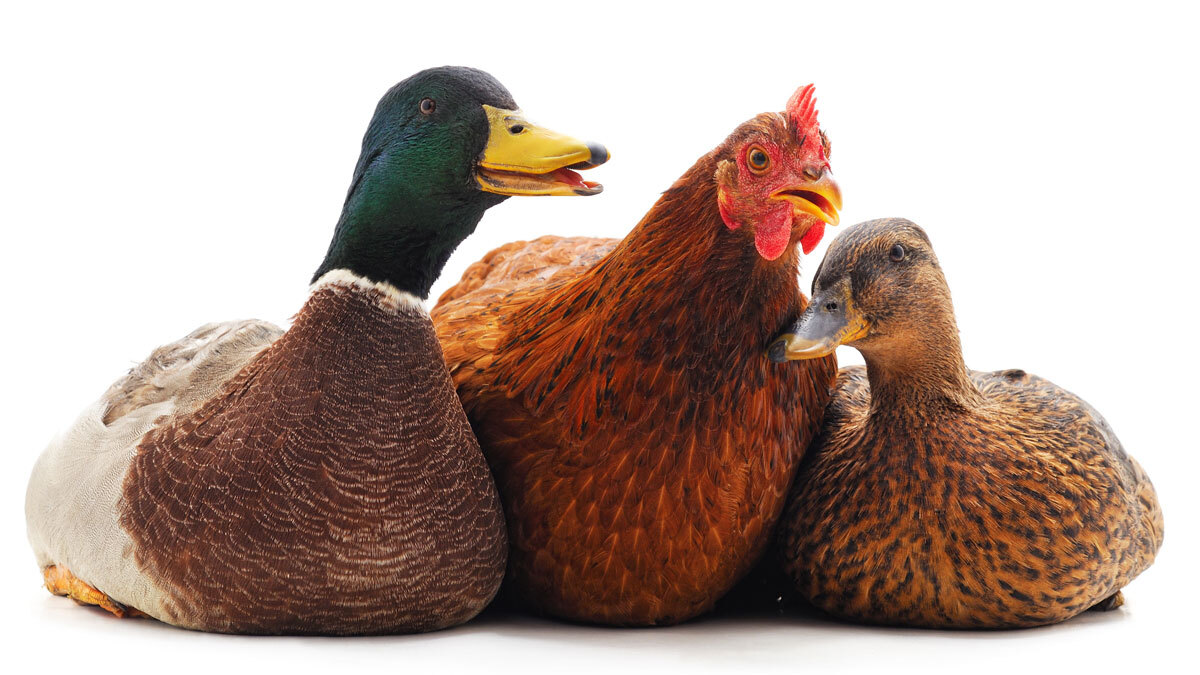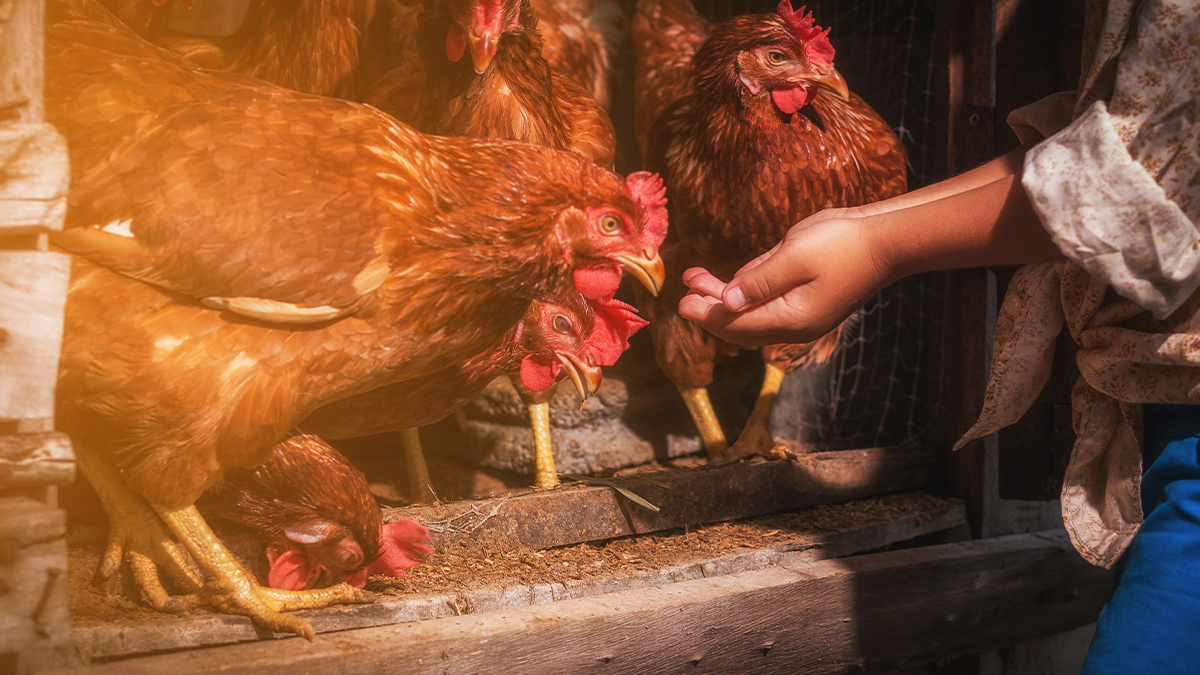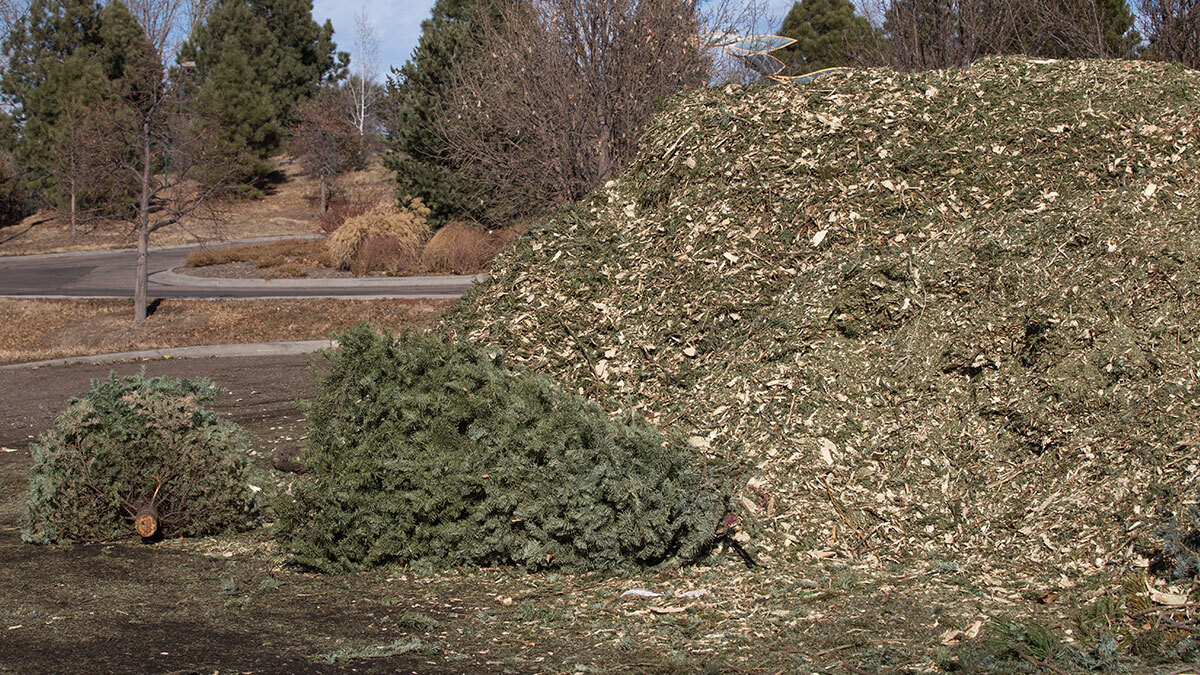on
Most homesteaders raise some sort of poultry—most commonly chickens. But more and more, homesteaders are seeing the benefits of raising ducks.
So, chickens or ducks? Which is better?
The answer to the question is a personal one.
Both are great for beginner homesteaders looking for a regular source of eggs and meat.
But, depending on your homestead, you will need to weigh the pros and cons of chickens or ducks to determine which is the better fit. For instance, environmental factors and behavior can greatly influence the type of bird you want to raise.
Use the following comparisons to help make the best decision for your homestead.
Chickens or Ducks: Comparing Eggs and Meat
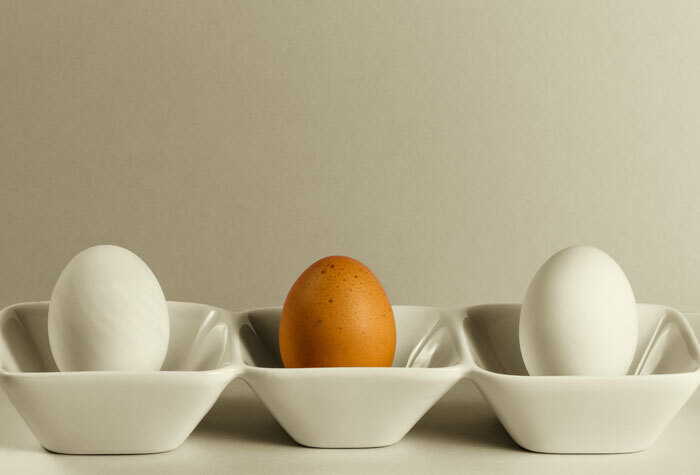
Let’s start with their abilities to keep your family fed—as this is the main reason homesteaders choose to raise these types of birds.
Ducks tend to lay more eggs than chickens and do so more regularly. Ducks lay an average of 32 to 52 pounds of eggs per year, whereas chickens lay 22 to 34 pounds per year.
NOTE – The number of eggs your bird lays largely depends on the type of breed.
Ducks tend to start laying eggs around 6-7 months.Chickens start around 4-5 months old. However, ducks tend to be more productive in the long run.
Duck eggs are a good deal larger than chicken eggs, too. The average size is 2.5 ounces. Chicken eggs, on the other hand, have an average size of 1.5 ounces.
In addition to the larger size, duck eggs contain more fat, protein, cholesterol, and omega 3s.
Chickens and ducks can both be raised for meat. While most people are used to the taste of chicken meat, duck meat is also a healthy protein choice enjoyed by people all over the world.
The steps to raise these birds for meat are more or less the same, including butchering and processing.
Again, certain breeds lend themselves better to meat than others, so do your research.
Chickens or Ducks: Housing Needs
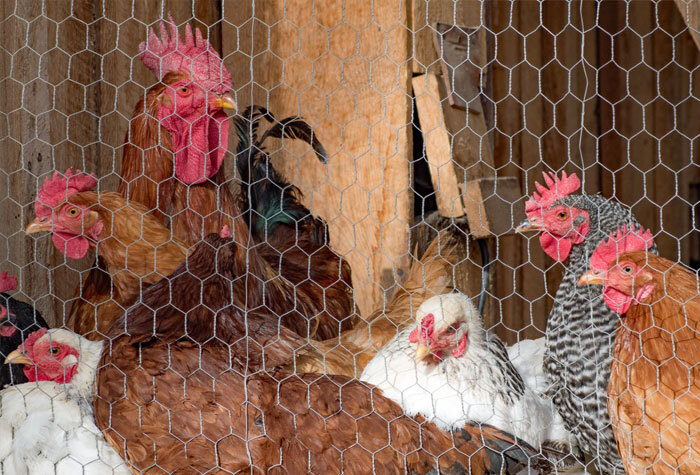
Chickens and ducks can be raised free-range or in confinement.
However, chickens do better with confinement than ducks. This is why chickens tend to be a better choice for small yards.
Chickens need coops to protect them from predators. The chicken coop should have roosting bars and nesting boxes.
Ducks,on the other hand, do better in a free-range environment. However, they still need a “duck house” for safety and laying eggs.
Duck houses do not need nesting boxes. Instead, the ducks make nests using the litter and lay eggs in these nests.
Care Requirements
Ducks tend to be messier than chickens, which means you may need to spend more time cleaning up their messes in the duck house than in the chicken coop.
Whether you have chickens or ducks, fencing should be a priority. These birds are vulnerable to predators.
If you have ducks, you don’t need to build a fence as high as one for chickens because ducks don’t fly as well.
You’ll also need a roof to protect against aerial predators.
Related Read: Getting Started with Chicks
Ideal Environment
Ducks need more space than chickens, but both types need a designated area to roam. This also includes space inside their enclosure.
NOTE – Your total space needed will depend on the breeds and how many chickens or ducks you have.
Climate is more of a priority for chickens. The type of chicken breed you raise will be determined by the climate, such as cold-hardy chickens or heat-tolerant chickens.
Ducks, in contrast, tend to adapt to cold or hot climates.
Similarly, ducks tend to do well in wet or dry environments, unlike chickens. Chickens need drier conditions.
Water Needs
It seems obvious, but just to be clear, ducks need more water than chickens.
An ideal environment would include a pond for the ducks to bathe in and to use to escape predators.
However, don’t let this stop you! Many homesteaders have found success by simply providing their ducks with a filled baby pool inside the enclosure.
According to Grubbly Farms, “At a minimum, ducks need to be able to dunk their whole head into water on a daily basis in order to clear their nasal passages. They should also have access to water that they can bathe in on a regular basis.”
Dietary Needs
No matter if you are raising chickens or ducks, you need to pay careful attention to their diet.
Fortunately, you easily can purchase feeds (or make your own feed) to meet their dietary needs.
Chickens tend to have stricter, more human-controlled diets than ducks. You should provide them only a measured amount of food per feeding.
In contrast, ducks tend to forage for the majority of their food, especially if they are free-range.
This is also an added benefit to raising ducks – they eat many pests.
HGTV explains, “Given the opportunity, ducks will eat every slug, worm, spider, grasshopper, cricket, fly and grub they can find. They are wonderful for natural pest control.”
Health Factors
Generally, ducks are more disease resistant than chickens, and they have a stronger immune system.
As a result, ducks tend to have fewer health issues and ailments than chickens.
This is especially true for younger chicks.
Behavioral Concerns
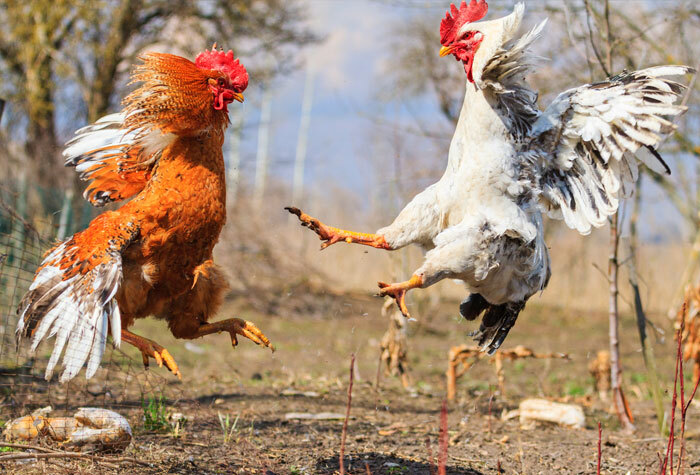
Do you remember singing “A quack-quack here and a quack-quack there, here a quack, there a quack, everywhere a quack-quack”?
This children’s song would have you believe ducks are incredibly noisy. In truth, chickens are the noisier of the two– especially if you have roosters.
Chickens are a rowdy bunch and make a lot of noise throughout the day. Ducks tend only to get loud when they are agitated or excited.
And male ducks (or drakes) don’t quack. They wheeze.
When choosing between chickens or ducks, you also need to consider their demeanor.
Ducks are considered friendlier and less aggressive than chickens. They don’t peck like chickens, for one thing.
Ducks are also easier to control because they don’t fly and don’t run as quickly as chickens.
Availability and Cost
Chickens are always available at farm stores and are inexpensive. You can also buy a flock from breeders if you are looking for a specific variety.
Ducklings, on the other hand, are not as readily available. That said, they are not difficult to find, either. You may need to order them, and they tend to be more expensive (about double the price of chickens).
You can also purchase sexed chicks, but you cannot purchase sexed ducklings.
Beyond the initial costs of purchasing your birds, the cost to maintain chickens or ducks is very similar.
On the flip side, if you plan to raise chickens or ducks with the goal of selling the eggs, you can sell the duck eggs for more money.
See Also: Goats vs Cows on the Homestead
Ducks or Chickens: Which Is Best for You?
Based on the information above, you need to weigh the pros and cons of each poultry option and decide which is best for your homestead.
Get access to premium content and more!
Hydroponic Gardening for Beginners



